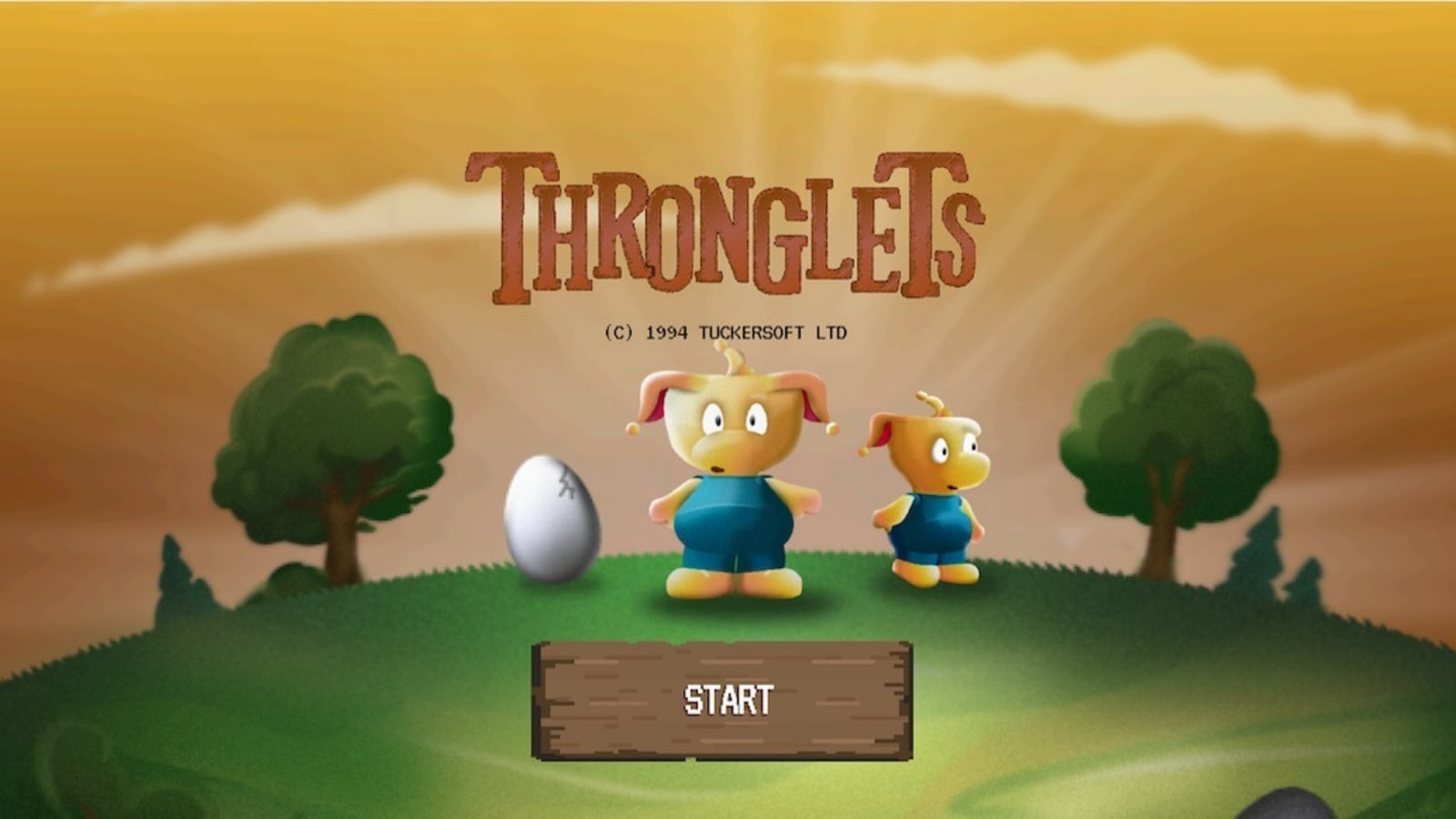After Sandra Hüller learned that two movies she stars in — “Anatomy of a Fall” and “The Zone of Interest” — had been selected for the competition at last year’s Cannes Film Festival, she was a little apprehensive about what it might mean for her anonymity. The German actress has always had a prickly relationship with fame: Aside from her role in the bittersweet 2016 feature “Toni Erdmann,” she has mainly kept a low profile, working in German theater.
But what happened next outstripped even her boldest expectations. “Anatomy of a Fall,” a French drama in which Hüller plays a woman accused of murdering her husband, went on to win the Palme d’Or, the festival’s top honor, and “The Zone of Interest,” a Holocaust film, took the Grand Prix, or runner-up prize. The Los Angeles Times crowned her the “queen of Cannes,” and, in a few weeks, she will travel from her home in Leipzig, Germany, to Hollywood for the Oscars, where she is nominated for best actress, for “Anatomy.”
This attention has been challenging for Hüller — at times overwhelmingly so — and now she is grappling with what the nomination, and its accompanying scrutiny, means for her and her career. “It means being accepted into a circle of people I wasn’t in before,” she said, in a recent interview in Leipzig. “But I don’t know if it means success, or it will make anything easier.”
Sitting in a cafe with her black Weimaraner lying under the table, she was warm but a little guarded as she spoke about her newfound global fame. “I like my life. I like my apartment. I like my everyday routine. There’s no lack of anything that I had to fill. I wasn’t waiting for this to happen,” said Hüller, 45. “But it means that people now believe I can do things that perhaps they didn’t believe I could do before.”
It was also surprising, she noted, because “Anatomy of a Fall” is not a typical Oscars movie. An ambiguous exploration of language, gender dynamics and toxic relationships, it centers on the question of whether Hüller’s character, a German writer also named Sandra, pushed her husband out a window to his death. The movie culminates in a series of courtroom scenes in which a judge — and the audience — must weigh her potential guilt.
In an email, the director of “Anatomy of a Fall,” Justine Triet, said that Hüller was distinguished by “the absence of any kind of seduction both on and off the set,” adding that she “says what she thinks and is very direct.” This honesty, she said, “is probably what gives her such power on set: She’s real.”
The performance, Hüller noted, seemed to have resonated with many women. “People take this movie very personally,” Hüller said, adding that she has been approached since its release by women who had told her their relationship stories or of being caught in misogynist legal trials.
Why it had struck such a nerve, though, she couldn’t say. “I’d have to be a market researcher, wouldn’t I?” she said. (Hüller does not like to speculate in interviews.)
“The Zone of Interest” offers a vastly different showcase for her talents. In the movie, she portrays Hedwig Höß, the wife of the Auschwitz commandant Rufolf Höß, a woman luxuriating in domestic bliss right next to the extermination camp. In an email, Jonathan Glazer, the movie’s British director, said that Hüller was able to “extinguish her inner life” to “portray the basic lousiness of someone who has fully normalized the suffering of others.”
Hüller had broken her longstanding rule about not playing Nazis for the film, in part, she said, because she sensed that Glazer had deeply grappled with the sensitivities around portraying the Holocaust. She pushed back against criticism that the film was overly stylized or too focused on the Höß family. “This film is exclusively about the victims,” she said. “I think viewers connect it with the suffering, not the perpetrators.”
Filmed in a set built next to the real camp, in Poland, Glazer shot with several static cameras simultaneously, sometimes not telling actors when they were rolling. (Hüller’s own Weimaraner plays the family’s on-screen dog.) The approach, Hüller said, was well suited to her stage background, because Glazer, who has also directed theater, “is not interested in the directionality of the camera, so we don’t act in a single direction.”
In a phone interview, Johan Simons — the artistic director of the Schauspielhaus Bochum theater, in western Germany, and a frequent collaborator of Hüller’s — pointed to a sign of her maturity as an actress in a scene from “The Zone of Interest” where her character preens in a fur coat taken from a Jewish victim. “I think every other actor would try to move the audience, so they have an understanding of this person,” he said. “But Sandra plays her as a woman without any depth or real feelings — because she is not trying for a second to be vain.”
“She is always aware that what she is doing is in service of something bigger,” Simons added. “She knows where she comes from.”
Born in the small town of Friedrichroda when it was still part of East Germany, Hüller was 11 when the Berlin Wall fell, and developed an interest in acting while watching American television, including “The A-Team” and “MacGyver.” After finishing secondary school, she moved to Berlin and enrolled in an acting school heavily influenced by Stanislavski’s acting method. (“I don’t actually know what that means,” she said matter-of-factly. “I skipped all the theory courses.”)
Hüller “really, really didn’t like living in Berlin,” she said, and after graduating, she left the city to join the permanent acting ensemble of the state-funded theater in Jena, near her hometown, then theaters in Basel, Switzerland; Munich; and Bochum.
In the past two decades, she has built a reputation as one of Germany’s most inventive stage actors. The country’s state-funded system, in which theaters hire performers as permanent employees, allowed Hüller a steady income and, she said, taught her the importance of humility and teamwork.
“It’s a community,” she said. “If you see your dresser every day for years, you can’t just throw things in front of her.” She has applied a similar philosophy to choosing her film roles, explaining that she only worked with directors who allowed for a collaborative approach, and “don’t turn actors into objects or test subjects.”
This philosophy explains her ambivalent view of her current situation. Hüller said she was horrified that reporters had tried contacting her family and school classmates to talk about her. “People believe you belong to everyone, or you have a duty to the public,” she said. “I can’t control it.”
She was also worried that her sudden fame might eclipse the work of her colleagues. Hüller noted with concern that performances of “The Exterminating Angel,” a stage adaptation of the Luis Buñuel film that she is in, had begun selling out following her Oscar nomination, after months of being less well attended. She surmised many audience members had bought tickets only to see her. “Of course, my colleagues know what happened. But we developed it together,” she said. “It makes me sad.”
Nevertheless, she was considering how best to take advantage of the attention, she said. She planned to make her stage directing debut this coming year in the city of Halle, eastern Germany, and was also “reading lots of scripts,” for new acting projects. She noted tartly that many of those centered on “marital conflict” in which she would play a “darker figure,” similar to her role in “Anatomy of a Fall.” She predicted “more interesting things will come.”
That could include something farther afield, she said — maybe even an action movie. Alongside her opposition to Nazi films, she said she was averse to any project that would “eroticize the gun,” but added, mischievously, that she was a “great shot” with air pistols as a child.
Whatever she did, expectations would be bigger than before. “I have realized what I love the most about my job is quietly working on something, then showing it, and then it being over,” she said. “That’s no longer possible. I’ve understood that.”























